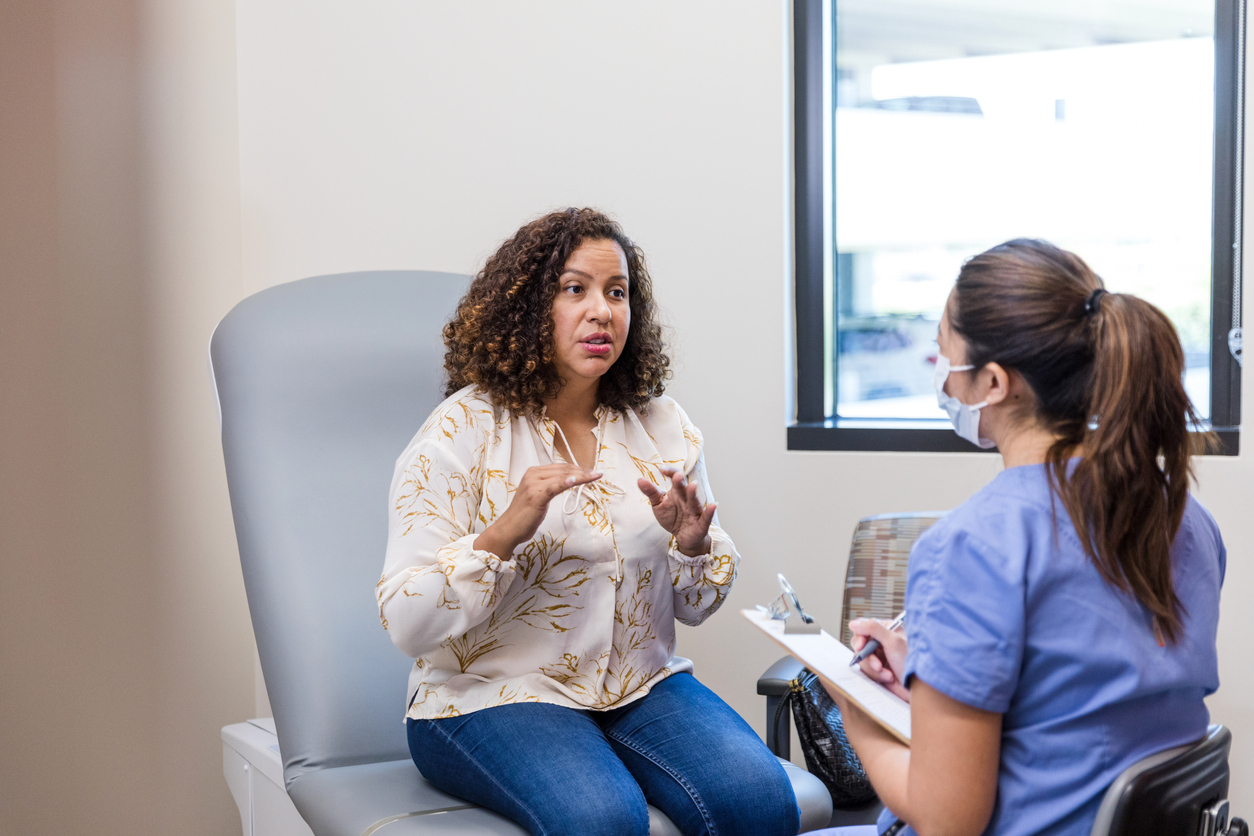Do You Have a Bleeding Disorder?

A bleeding disorder is a condition that prevents your blood from clotting, resulting in abnormal bleeding outside and inside the body. It generally happens when the blood proteins and platelets needed for your blood to clot are in short supply or are not working properly. If it goes undiscovered, bleeding disorders can raise the risk of anemia, cause frequent nose bleeds, and result in heavy bleeding during dental visits or post-surgery. These can also put you at higher risk for blood transfusions and a lesser quality-of-life by limiting your daily activities.
Although bleeding disorders happen in both men and women, they can have a much more significant, harmful effect on women’s reproductive health. The most common bleeding disorder among women is von Willebrand (VWD) disease, a result of the body’s inability to produce the required proteins to initiate blood clotting. VWD and other bleeding disorders may cause dangerous bleeding after childbirth, or even worse, result in a woman losing a fetus.
The good news is that women are more likely to recognize heavy, abnormal bleeding during their menstrual cycles so they can try to treat it before it has any adverse effects.
There are other signs of bleeding disorders that may be less noticeable, which includes bruises. People with a bleeding disorder tend to bruise easily. The bruises look raised, as if swollen. Blood in the stool or urine may also be a symptom. You should always talk to a healthcare provider if there is blood in your stool or urine!
Although there isn’t a cure for bleeding disorders, there are options that will help control symptoms. A doctor may prescribe hormonal birth control methods, such as the pill, patch or shot to alleviate heavy periods or promote blood clotting. Iron supplements can help restore iron lost during heavy bleeding or a heavy menstrual cycle. More aggressive treatment may include administering clotting factor concentrates through an IV or injections.
If you suspect your bleeding may be unusual, we encourage you to make an appointment to see your healthcare provider.

Leave a Reply